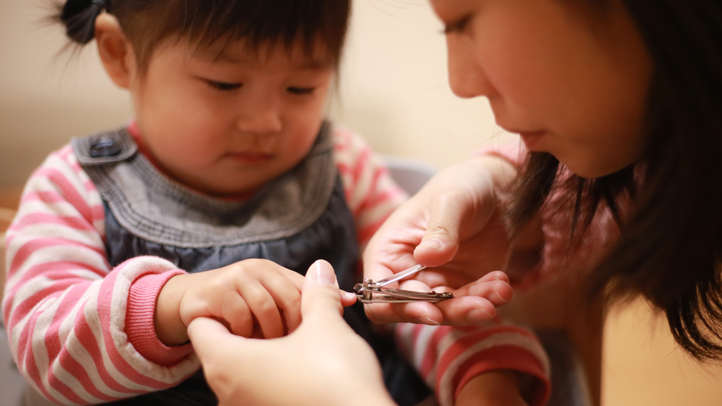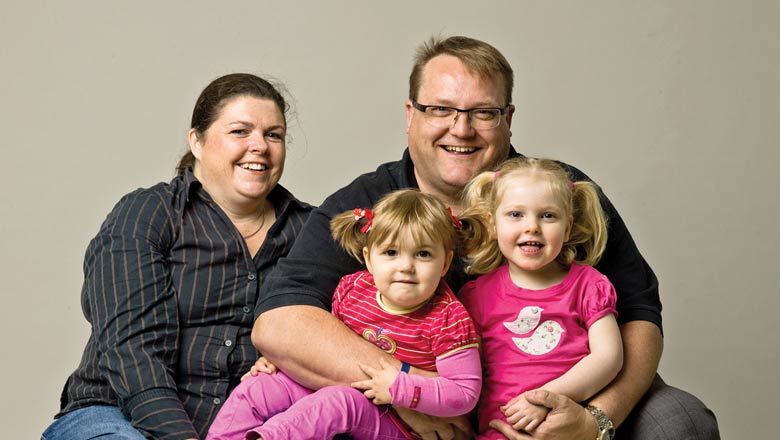Search
Showing results for "autism"
Research
Effect of early carriage of streptococcus pneumoniae on the development of pneumococcal protein-specific cellular immune responses in infancyThe aim of this study was to examine the relationship between nasopharyngeal pneumococcal colonization in early life and the development of T cell responses.
Research
ORIGINS community wellbeing during the COVID-19 pandemicDesiree Dr Jackie Lisa Susan Silva Davis Gibson Prescott MBBS, FRACP, MPH, PhD BSc (Hons), PGradDipHlthProm, PhD BA (Hons), MPsych, PhD MBBS BMedSci

News & Events
Cutting nails – Steps to building independenceIn this blog, Curtin University Occupational Therapy student Julia Than discusses how to make nail care an important part of a child's self-care routine.
Research
Online Health Literacy Resources for People With Intellectual Disability: A Grey Literature Scoping ReviewPeople with intellectual disability experience higher rates of physical and mental health problems than those without intellectual disability. Health literacy includes accessing, understanding, appraising and applying health information. Improving health literacy is associated with better health outcomes. The internet is a primary source of health information for many people. This study aimed to evaluate available online health resources for people with intellectual disability and their families to understand information gaps.
Research
Comparison of experiences in two birth cohorts comprising young families with children under four years during the initial Covid-19 lockdown in Australia and the UK: A qualitative studyThis study aims to understand the experience and impact of the initial COVID-19 lock-down in young families with children aged below 4 years. Free text questions were administered to participants in the ORIGINS (Australia) and Born in Bradford (UK) cohort studies to collect qualitative information on worries, concerns and enjoyable experiences during the pandemic.
Research
Immunogenicity and Immune Memory after a Pneumococcal Polysaccharide Vaccine Booster in a High-Risk Population Primed with Pneumococcal Conjugate VaccinePPV is immunogenic in 9-month-old children at high risk of pneumococcal infections and does not affect the capacity to produce protective immune responses
In this The Kids Research Institute Australia subsite, our Rett syndrome research team manages a national and international database of Rett syndrome.
One of the many reasons for setting up the International CDKL5 Disorder Database was to learn more about this condition.

News & Events
Global research for rare disorderThe Kids Research Institute Australia researchers set out on a worldwide search to find out all they could about Rett syndrome, establishing databases and creating awareness.
Research
Safety and Immunogenicity of Neonatal Pneumococcal Conjugate Vaccination in Papua New Guinean Children: A Randomised Controlled TrialWe conducted an open randomized controlled trial in Papua New Guinea to compare safety, immunogenicity and priming for memory of 7-valent PCV (PCV7) given in...
